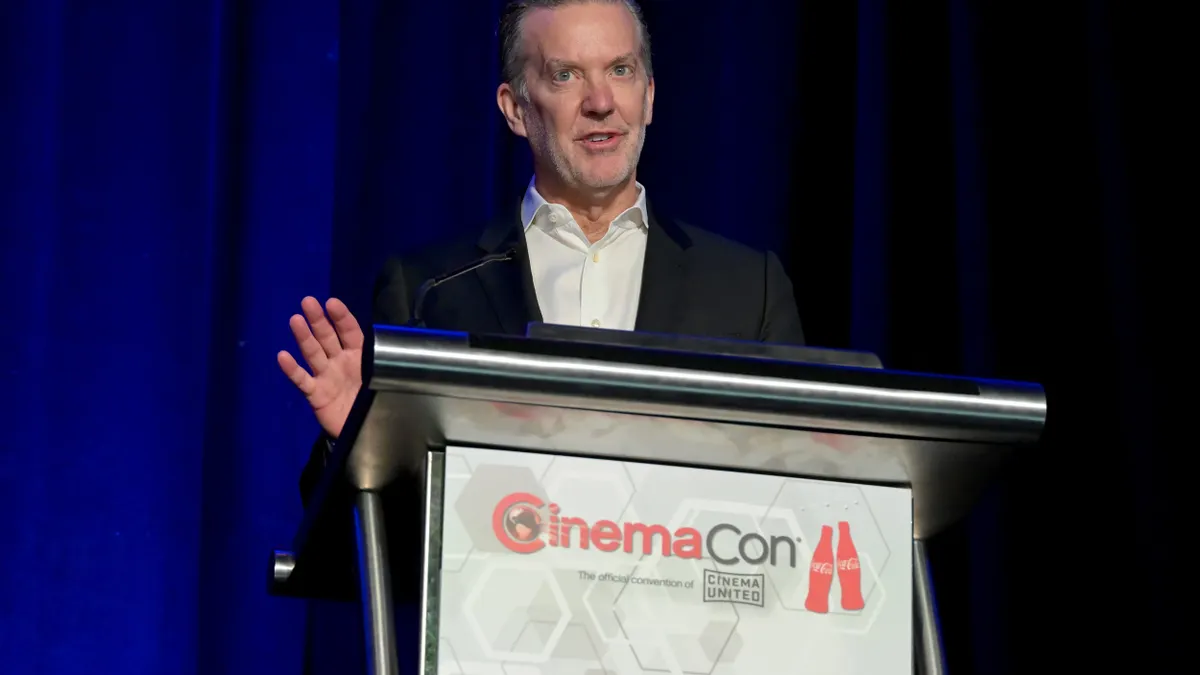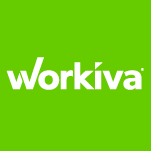Shortly after the pandemic hit, Johnson & Johnson’s CEO Alex Gorsky and CFO Joseph Wolk discussed daily whether the company would announce guidance at its next earnings call. Other companies were choosing not to, citing the ambiguity they faced, but Johnson & Johnson made a different decision.
“We just thought, the world’s largest healthcare company that’s working on a vaccine shows up and shrugs their shoulders and says, 'Damned if we know.' That would be not good, not just for Johnson & Johnson but for markets in general,” Wolk said this week in a CFO Thought Leader podcast.
The company has a reputation for transparency, said Wolk, a 23-year company veteran who assumed the CFO role in 2018 and today is also executive vice president. In that spirit of transparency, he said, he told analysts on that call that the company didn’t know more than others what the future held, but it did know some things.
“We said, 'Here’s what we kind of know. Here’s what we don’t know but how we're watching it,'” he said. “I think that was well received by the markets, certainly by the analysts that cover us, and it became a template going forward.”
The company’s focus on the long-term, one of the benefits of having a 135-year history, works in its favor during uncertain times, because in its planning, it looks past present ups and downs to keep its eyes focused further out. That’s why, for instance, it didn't suspend its dividend during the crisis, he said.
“We did see a number of companies across industries, probably rightfully so, pulling back on dividends, maybe suspending them, [but] we leaned in and increased ours for the 59th year,” he said. “We thought that was important because that’s what investors knew from us. We thought about large institutions that [hold our stock] that say, 'Hey, you’re part of our portfolio because of the dividend you pay.' But we also thought of our retirees on fixed income, where a dividend paying stock these days and low interest rate environment is pretty meaningful as to how they’re going to get through the next month of bills.”
As it turned out, the year was one of the best for the company, which Wolk credits in part to investments the company made in the past, a reminder as he helps the company spend its investment dollars today to build future business.
"How do we capitalize on opportunities and use some of the financial strength we’ve built up over decades to ensure the next couple of decades will be as strong if not better than what we’ve recently done?” he said.
As a statement about that strategy, despite the pandemic, the company last year upped its research and development budget by $800 million.
“When people were pulling back, we said, 'Boy, there’s a lot of ambiguity,' but the one thing we know for certain is that the long-term matters,” he said. “How do we fortify that? We knew what people expected from Johnson & Johnson, and we knew what we expected from ourselves, what our success template had been in the past, and we doubled down on that.”
The company’s Covid-19 vaccine was okayed by the FDA for emergency use in February, making it one of three to be used widely in the U.S.
Company connection
Wolk considers himself almost destined to work for the company; he grew up in its headquarters town in New Jersey. His father worked in one of its manufacturing facilities before taking a clerk job in the company. And his mother was a nurse in a nearby hospital. “The role kind of found me,” he said.
After heading up audit and taking other finance roles at AMETEK, a specialty electric motor manufacturer, after college, he went back to school part-time and leveraged a new law degree to get his first job, in business development, at Johnson & Johnson,
“It was exactly as [a] professor predicted,” he said about the degree. “It distinguished me from more traditional finance candidates.”
Once in the door, he moved up the ranks in part due to the company’s policy of moving finance people around to gain experience throughout the function and in support of a range of industries the company competes in.
In one of his key moves, he relocated to a town just outside of Silicon Valley to help oversee operations at a manufacturing facility the company had purchased.
“The first four months was like going to the dentist every day,” he said.
Problems arose from the start, when his contact at the facility pushed back against the external role Wolk was there to perform.
“They viewed Johnson & Johnson as this big, old, stodgy, then-125-year-old company,” he said. “The plant manager said to me, within the first 90 seconds of [the first meeting], ‘I don’t think we need you out here.’”
Despite the rocky start, the experience gave Wolk a set of relationship-building tools to help him as he assumed new roles.
“Whether it’s finance or not, have courage in your convictions,” he said. “If you’ve got something to offer, there will be moments in time when you need to stand your ground.”
Debits and credits
Despite the sophistication of its finance function today, the company keeps core accounting competencies at the center of its strategy, he said.
“You’re not going in and making T-accounts and manual journal entries the way we used to,” he said. “Technology and systems have the capability to take that transaction and immediately journalize it. But we still need to have a core understanding of foundational accounting principles.”
To help the company as it plans for the future, Wolk has begun to track what J&J calls its freshness index, a look at how well the company is performing in releasing, and selling, new products that will drive its growth in the future.
“If you think about what makes for sustainable businesses, it’s how often you can introduce new products that matter,” he said.
The company’s goal is to see at least 25% of its sales come from products launched in the last five years.
“We need to increase that rate,” he said. “The technology, the competition, they’re moving faster. That’s emblematic of how productive we are, on that R&D investment. It’s a financial metric because it involves sales, but it’s not the typical thing you find in a 10-K or 10-Q.”
For finance professionals moving up the ranks, Wolk said, it doesn’t matter what function you’re doing; what’s key is taking ownership of it and driving its performance.
“You’re the CFO of that particular responsibility,” he said. “No one is going to know it better when you walk in the door in the morning than you, so that can be inter-company transactions or accounts receivable. It could be the North American pharmaceutical P&L, which is probably the most impactful of Johnson & Johnson’s overall results. I never got hung up on the title of leadership.”
His other piece of leadership advice: learn how to delegate. You can’t advance with overly narrowed focus.
“What good leaders do extremely well is becoming less self-sufficient as their career progresses,” he said. “How are you able to delegate yet not abdicate responsibility?”
Delegating helps team members gain valuable experience and it opens up horizons for you. “It frees you up to do more things to impact the organization, hopefully in a beneficial way,” he said.






















